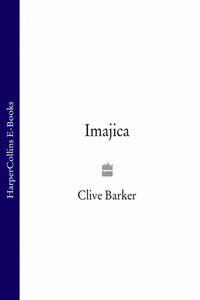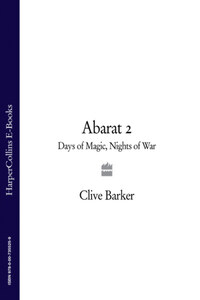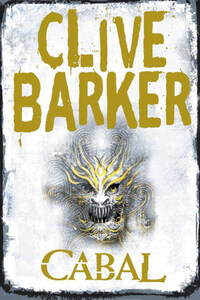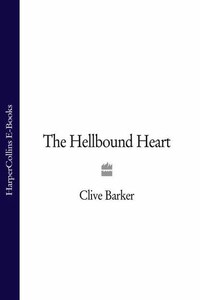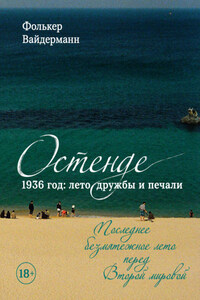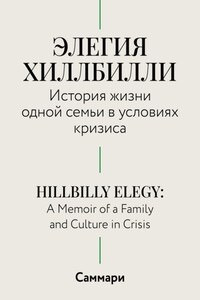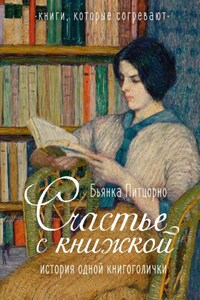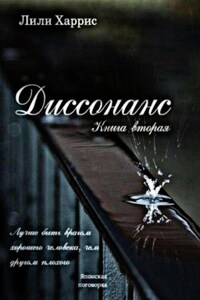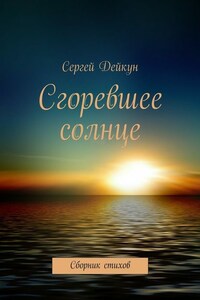This novel is entirely a work of fiction. The names, characters and incidents portrayed in it are the work of the author’s imagination. Any resemblance to actual persons, living or dead, events or localities is entirely coincidental.
HarperCollinsPublishers Ltd. 1 London Bridge Street London SE1 9GF
www.harpercollins.co.uk
First published in Great Britain by HarpcrCollinsPublishers 1991
Copyright © Clive Barker 1991
Clive Barker asserts the moral right to be identified as the author of this work
A catalogue copy of this book is available from the British Library
All rights reserved under International and Pan-American Copyright Conventions. By payment of the required fees, you have been granted the nonexclusive, nontransferable right to access and read the text of this ebook on-screen. No part of this text may be reproduced, transmitted, downloaded, decompiled, reverse engineered, or stored in or introduced into any information storage and retrieval system, in any form or by any means, whether electronic or mechanical, now known or hereinafter invented, without the express written permission of HarperCollins ebooks
HarperCollinsPublishers has made every reasonable effort to ensure that any picture content and written content in this ebook has been included or removed in accordance with the contractual and technological constraints in operation at the time of publication
Source ISBN: 9780006178040
Ebook Edition © OCTOBER 2010 ISBN: 9780007355402 Version: 2017-01-11
‘Even in greater in size and scope than Weaveworld … erotic, apocalyptic, often horrifying, Imajica is beautifully written, a marvellous feat of the imagination.’
City News
‘An invocation of both magic and the imagination, a novel of eerie and erotic enchantment. In Imajica we witness the finest use of the dialect of horror and fantasy: the pursuit of possibilities. Imajica is an existential-romantic quest, a speculation on the nature of woman and man, goddess and god, reality and dream. A majestic maze of mythmaking, a fiction that questions all assumptions of its reality - and our own.’
Washington Times
‘Barker’s prodigious imagination delivers magicians, dopplegangers, Boschean creatures of staggeringly various descriptions and a pantheon of gods and goddess, seduced by power and redeemed by love in a story of violence, occasional unconventional eroticism and mesmerising invention.’
Publishers Weekly
It was the pivotal teaching of Pluthero Quexos, the most celebrated dramatist of the Second Dominion, that in any fiction, no matter how ambitious its scope or profound its theme, there was only ever room for three players. Between warring kings, a peacemaker; between adoring spouses, a seducer, or a child. Between twins, the spirit of the womb. Between lovers. Death. Great numbers might drift through the drama, of course - thousands in fact - but they could only ever be phantoms, agents or, on rare occasions, reflections of the three real and self-willed beings who stood at the centre. And even this essential trio would not remain intact, or so he taught. It would steadily diminish as the story unfolded, three becoming two, two becoming one, until the stage was left deserted.
Needless to say, this dogma did not go unchallenged. The writers of fables and comedies were particularly vociferous in their scorn, reminding the worthy Quexos that they invariably ended their own tales with a marriage and a feast. He was unrepentant. He dubbed them cheats, and told them they were swindling their audiences out of what he called the last great procession, when, after the wedding songs had been sung and the dances danced, the characters took their melancholy way off into darkness, following each other into oblivion.
It was a hard philosophy, but he claimed it was both immutable and universal, as true in the Fifth Dominion, called Earth, as it was in the Second.
